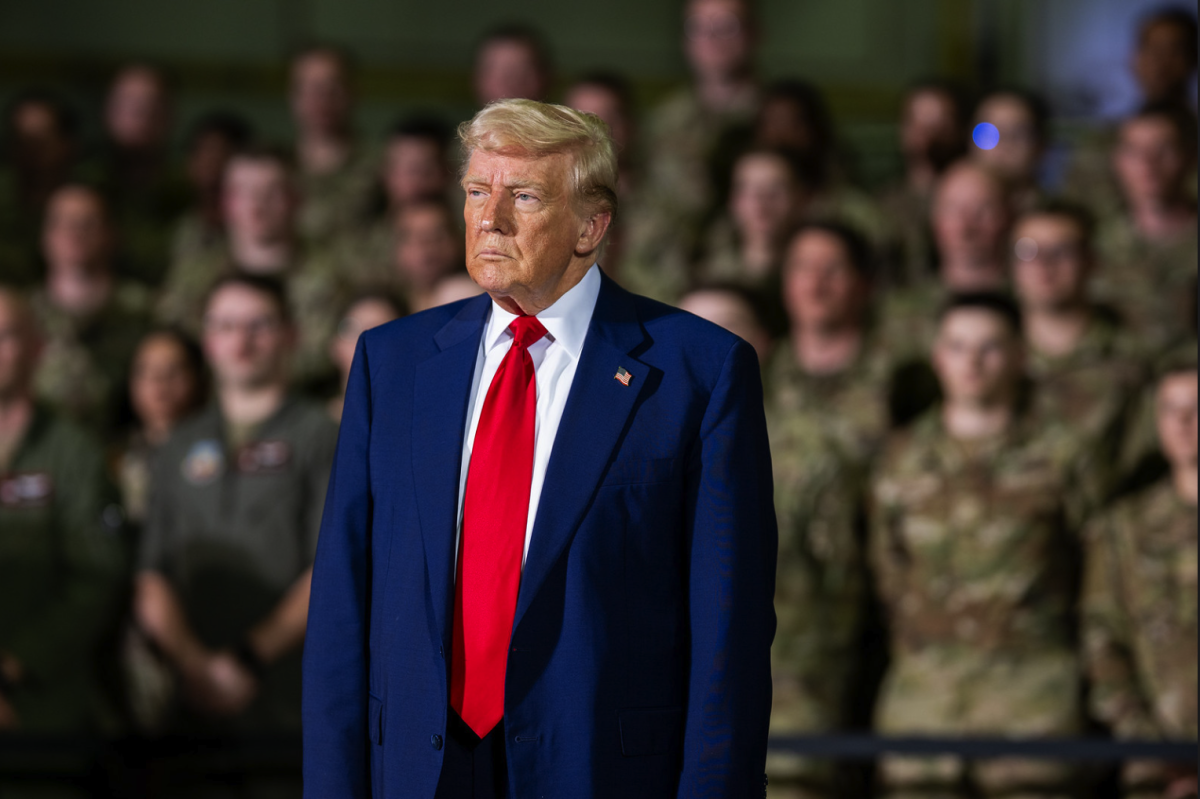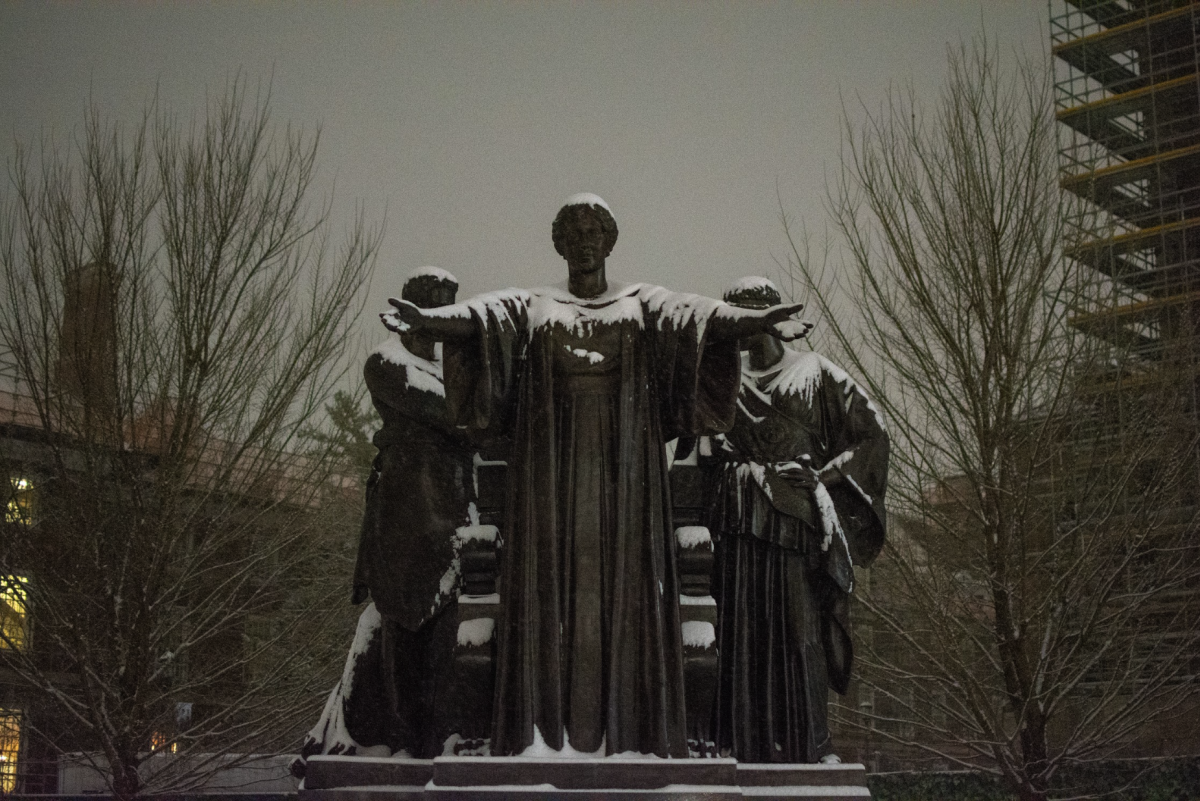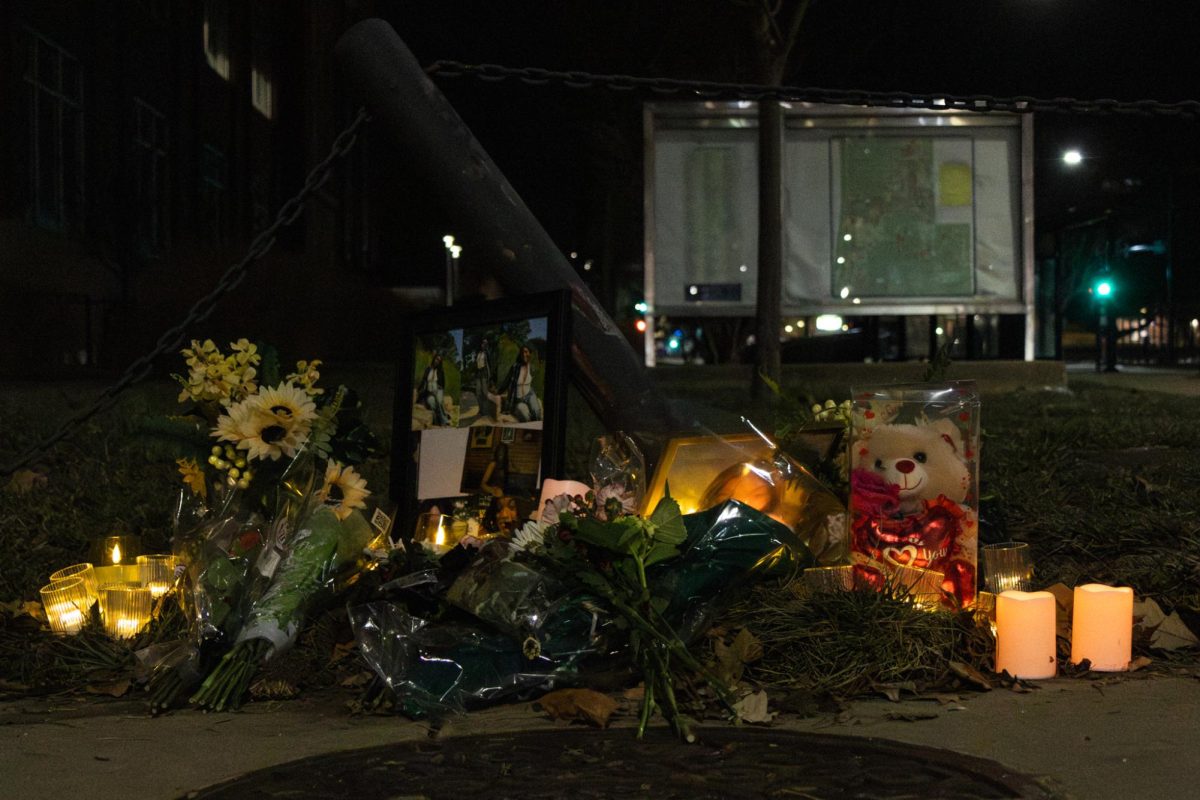This article has been modified from it’s original version.
Come January, University Assistant Professor Eric Pop will be taking a trip to the White House.
The Electrical and Computer Engineering faculty member was named a recipient of the Presidential Early Career Awards for Scientists and Engineers on Monday by President Barack Obama.
The award is the highest honor given by the US government for science and engineering professionals while they are in the beginning of their career, the release said. It is given to 85 scientists and researchers who show promise to significantly contributing to their field.
“It’s an award that’s given out to very few of these major researchers,” said Tom Moone, communications coordinator of the Department of Electrical and Computer Engineering. “It’s a very big award for him (Pop) at this stage of his career.”
Get The Daily Illini in your inbox!
Pop’s research consists of making electronics more efficient.
“We look at electronics from the nanoscale point of view,” he said. “We look at how to improve the basic building blocks like transistors and memory elements.”
Pop said he enjoys working in nanotechnology because it combines different subject areas like mechanics, chemistry and mathematics. He adds that he also gets to work with people in different backgrounds.
“I have a degree in electrical engineering but I got to work with chemical engineers. There were differences in how we speak because chemists talk about molecules and we talk about circuits. But, nanotechnology served as a common language for working together.”
Along with winning the award, Pop was given grants for up to five years to help further his research, which supports government missions, the release said. He said he would use the research money to find a way to convert heat back into electricity.
“A new angle we want to look into is minimizing heat emissions from electronics and also converting the heat that does get produced back into electricity to help battery life in electronics.”
Pop has won several awards, including the National Science Foundation CAREER Award, the Office of Naval Research Young Investigator Award, the Air Force Young Investigator Award, the Defense Advanced Research Projects Agency Young Faculty Award and two University awards for advising and research.
“I think that his career has shown him to a be a strong contributor to the University and he’s showing that the future is bright for him,” Moone said.





